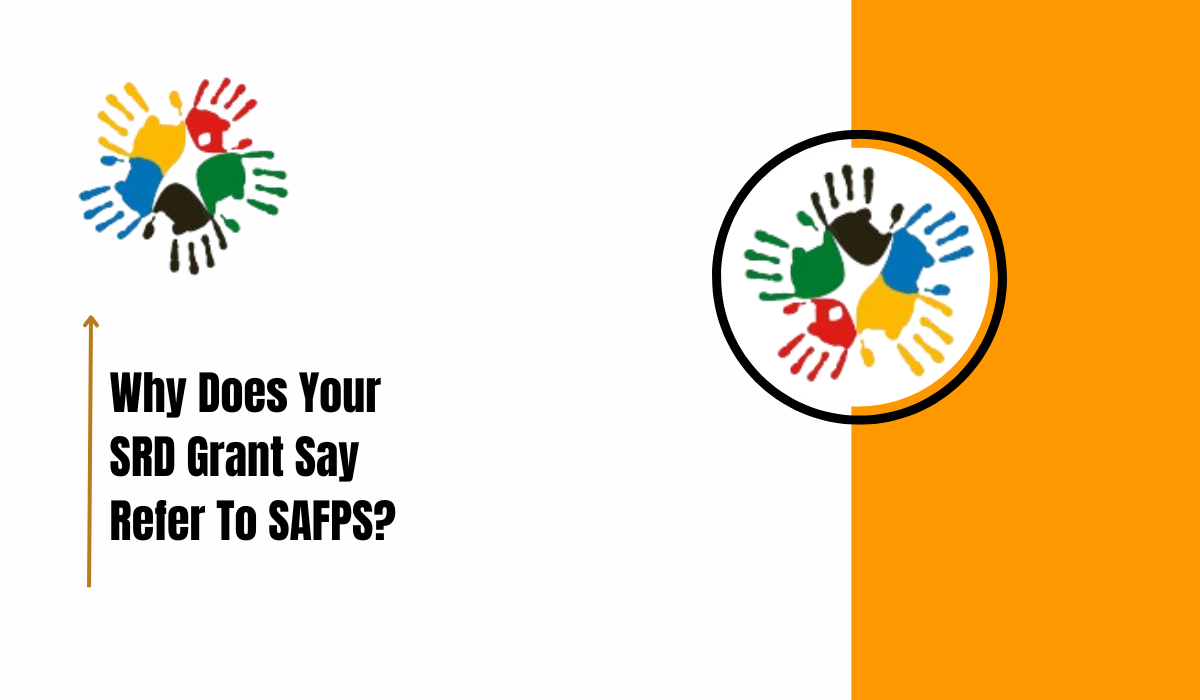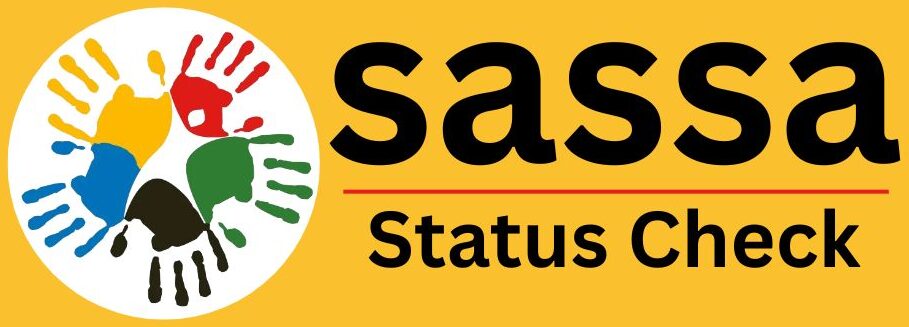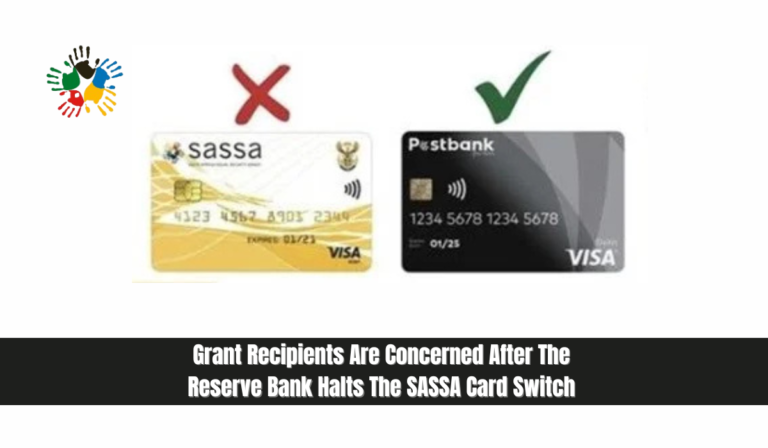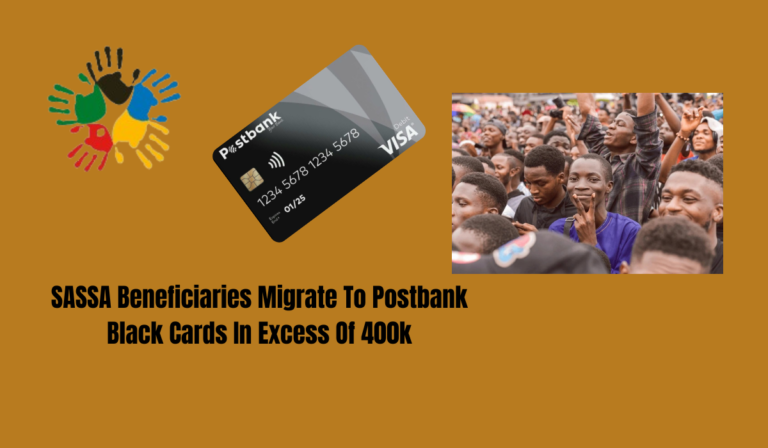Why Does Your SRD Grant Say Refer To SAFPS?

Why Does Your SRD Grant Say Refer To SAFPS? The SASSA SRD Grant, also known as the Social Relief of Distress grant, has been a vital financial lifeline for millions of South Africans. However, during the application process, some applicants come across a confusing and frustrating message: “Referred SAFPS”. If you’ve seen this message while checking your SRD status, don’t panic. This article explains what it means, why it happens, how to resolve it, and how to avoid it in the future.
What Does “Referred SAFPS” Mean?
When your SRD grant application status says “Referred SAFPS,” it indicates that your information (such as ID or phone number) has been flagged for possible fraud by the Southern African Fraud Prevention Service (SAFPS). This status is a security measure by SASSA to protect the system against fraudulent applications.
It does not necessarily mean you have committed fraud. In fact, it could simply be a case of mistaken identity, past data errors, or even identity theft. However, your application will be paused until the matter is resolved.
Why Does SASSA Refer Applications to SAFPS?
SASSA uses various verification systems to check that each applicant for the SRD grant is legitimate and truly qualifies for financial assistance. One of these systems is the SAFPS fraud database. If your personal data matches or resembles someone previously involved in fraud—or if something suspicious is detected—SASSA refers your application to SAFPS.
SAFPS is a non-governmental organization that partners with banks, credit bureaus, and government agencies to detect and prevent fraud. When your application is referred, it’s put on hold while SAFPS investigates.
Common Reasons for “Referred SAFPS” Status
Here are the most common causes that could trigger a Referred SAFPS message:
| Reason | Explanation |
|---|---|
| Previous Fraudulent Activity | If you were previously caught submitting false documents or details, your data might already be in the SAFPS database. |
| Identity Theft | If someone used your ID or phone number fraudulently, it might have been flagged. You may not even be aware of it. |
| Data Matching Errors | Mistakes can happen during the verification process. If your info accidentally matches someone on the fraud list, it might be flagged. |
| Suspicious Multiple Applications | If multiple applications use the same contact or banking details, SASSA may consider it suspicious and refer it to SAFPS. |
How to Fix a “Referred SAFPS” Status
If your SASSA application has been referred to SAFPS, follow these steps to fix the issue and restore your eligibility for the SRD grant.
Step 1: Contact SAFPS Immediately
The first step is to find out why you’ve been flagged.
- SAFPS Contact Number: 0860 101 248
- SAFPS Website: www.safps.org.za
When contacting them, be ready to:
- Provide your ID number
- Ask if someone has used your details fraudulently
- Request them to investigate and clear your name if needed
If identity theft is confirmed, SAFPS may add your name to a protective list that alerts institutions when someone tries to use your ID.
Step 2: Submit an Appeal to SASSA
Once you’ve contacted SAFPS, go to the SASSA SRD Appeals Website:
- Appeals Site: srd.dsd.gov.za
Here’s what to do:
- Enter your ID number and the phone number you used for the SRD application.
- Explain clearly in writing why you believe your application was wrongly flagged.
- Upload supporting documents such as:
- A sworn affidavit
- A police report (if you were a victim of identity theft)
- Any document that proves your identity or clears suspicion
This appeal is crucial. It lets SASSA review your case independently of the SAFPS system.
Step 3: Do an SRD Status Check Regularly
After submitting your appeal, keep checking your SRD status to stay updated:
- Visit srd.sassa.gov.za
- Click on “Check Status”
- Enter your ID and mobile number
If SASSA needs more documents, provide them immediately to avoid delays.
Step 4: Visit a SASSA Office (If Needed)
If your case is taking too long or you feel stuck in the system, go to your nearest SASSA office for direct help.
- Your ID
- Appeal confirmation reference number
- Any documents used in your appeal
- Your SAFPS case number (if you received one)
Speaking to a SASSA official in person can sometimes speed up the process.
How to Prevent “Referred SAFPS” Status in the Future
To avoid your future SRD applications being flagged by SAFPS, follow these best practices:
1. Protect Your Personal Information
Be careful about who you share your ID number, phone number, and bank details with. Phishing scams, especially online, are common.
2. Report Lost or Stolen IDs Immediately
If you lose your ID, report it to both SAFPS and the South African Police Service (SAPS). This protects you from fraudsters using your information.
3. Monitor Your Financial Records
Check your bank accounts and credit reports regularly. If you notice any suspicious activity, report it and flag it with SAFPS.
4. Avoid Duplicate Applications
Do not apply more than once using different phone numbers or bank details. This can be seen as an attempt to game the system and may lead to being flagged as fraudulent.
Key Takeaways
Here’s a quick summary of what to remember if you see “Referred SAFPS” on your SRD application:
| Action | Purpose |
|---|---|
| Contact SAFPS | Find out why you were flagged and resolve identity theft |
| Appeal via SASSA | Explain your case and submit documents to clear your name |
| Monitor Your Status | Keep track of your application progress on the SRD site |
| Visit SASSA Offices | Seek in-person help if your appeal is delayed or unclear |
Useful Contact Information
| Service | Contact Details |
|---|---|
| SAFPS | 0860 101 248 / www.safps.org.za |
| SASSA SRD Appeals | srd.dsd.gov.za |
| SASSA General Enquiries | 0800 60 10 11 |
Conclusion
Seeing the “Referred SAFPS” status can be unsettling, especially if you rely on your SASSA SRD grant to survive. But remember—this is not a final rejection. It’s a protective step designed to catch fraud. If you follow the right steps, contact the right people, and provide the correct documentation, you can still fix the issue and receive the assistance you need.






